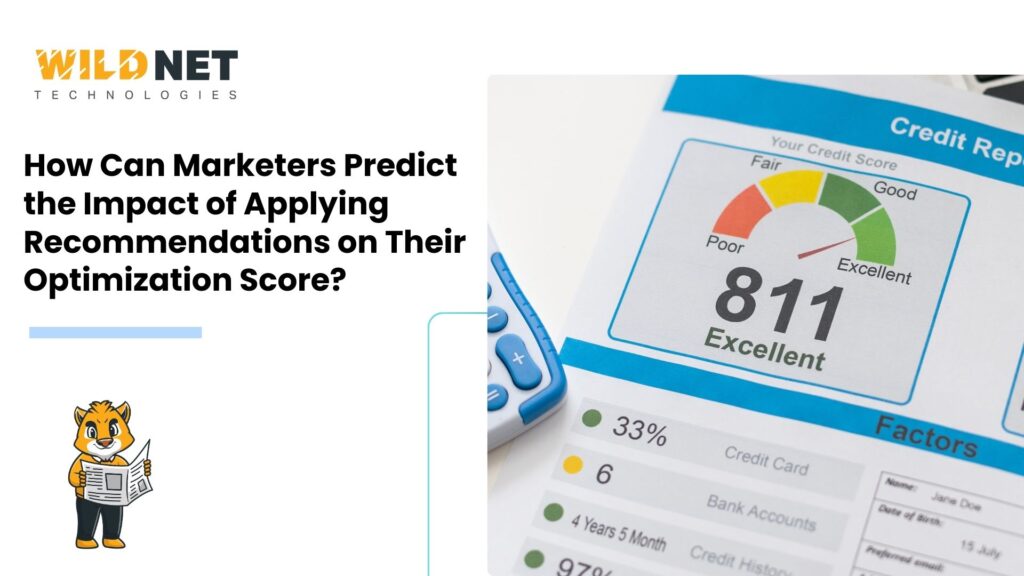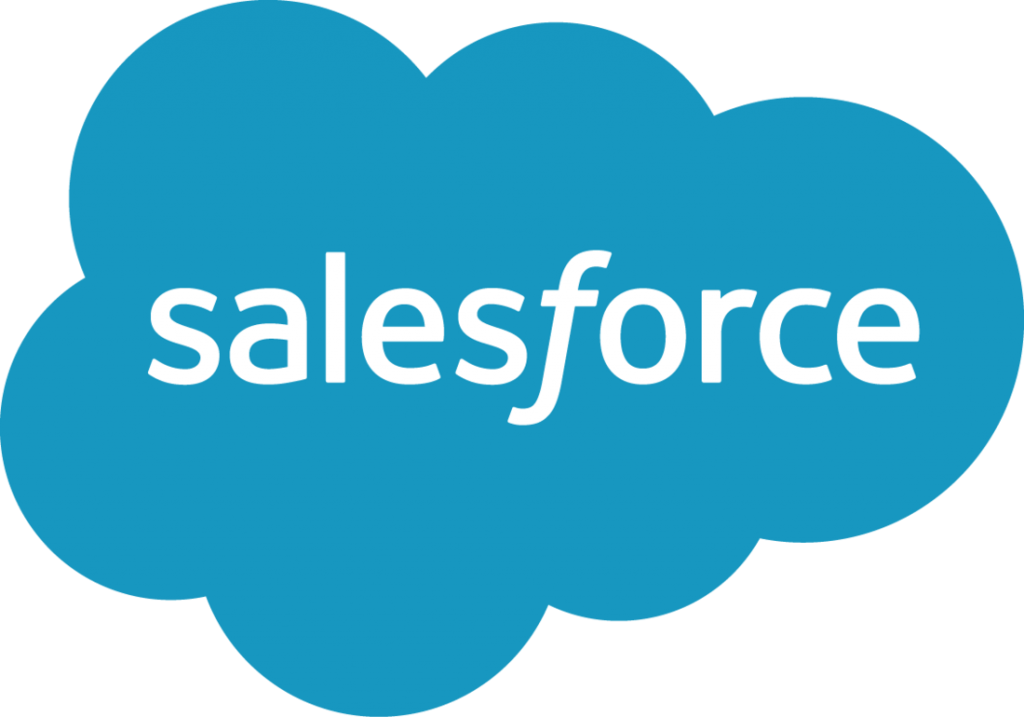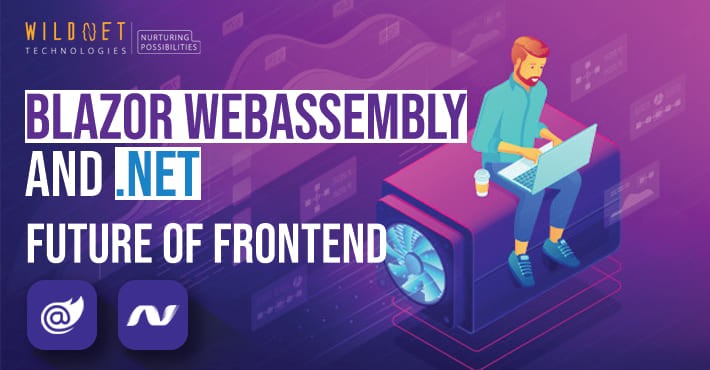In the ever-evolving world of digital marketing, staying ahead means mastering the tools that drive performance. One metric stands out for marketers using Google Ads: the optimization score. But how can marketers predict the impact of applying recommendations on their optimization score? The answer lies in understanding Google’s data-driven insights and leveraging them strategically.
As of March 20, 2025, pay-per-click (PPC) services have reached new heights with AI-powered features, making it easier than ever to optimize campaigns in real-time. Whether you’re a small business owner or a seasoned PPC strategist, predicting the impact of Google’s recommendations can transform your approach, boosting conversions and maximizing ROI. In this comprehensive guide, we’ll explore how can marketers predict the impact of applying recommendations on their optimization score, dive into the latest PPC services, and equip you with actionable steps to harness this knowledge. Plus, we’ll wrap up with an FAQ to address your burning questions. Let’s unlock the power of optimization scores together!
What Is an Optimization Score, and Why Does It Matter?
Before tackling how can marketers predict the impact of applying recommendations on their optimization score, let’s define the basics. Google Ads’ optimization score is a real-time estimate of your account’s performance potential, ranging from 0% to 100%. A 100% score means your campaigns are fully optimized based on Google’s algorithms, while a lower score signals room for improvement.
Each recommendation—whether it’s adjusting bids, adding keywords, or refining ad copy—comes with a predicted impact, expressed as a percentage uplift. This score isn’t static; it evolves with your campaign settings, performance history, and the latest trends in PPC services near time in cycle (e.g., real-time bidding updates in 2025). Understanding how can marketers predict the impact of applying recommendations on their optimization score is critical because it directly influences ad visibility, cost efficiency, and customer reach.
How Can Marketers Predict the Impact of Applying Recommendations on Their Optimization Score?
The core answer to how can marketers predict the impact of applying recommendations on their optimization score is simple yet powerful: Google provides a percentage impact estimate with each recommendation. This feature, baked into the Google Ads platform, uses AI, statistical models, and machine learning to forecast how specific changes will affect your score. Here’s how it works and why it’s a game-changer in 2025’s PPC landscape:
- Percentage Impact Estimates:
Every recommendation—say, “add 10 new keywords” or “switch to Target CPA bidding”—displays a percentage (e.g., +5% or +10%). This tells marketers exactly how much their optimization score could rise if they apply it. For example, a suggestion to enable responsive search ads might promise a 7% boost, giving you a clear prediction. - Real-Time Calculations:
As of March 2025, Google’s latest PPC services leverage near-time data processing. This means your optimization score reflects current campaign stats, market trends, and user behavior, making predictions more accurate than ever. - Weighted Recommendations:
Not all suggestions carry equal weight. Google prioritizes high-impact changes (e.g., budget adjustments in Performance Max campaigns) over minor tweaks (e.g., adding a sitelink), helping marketers focus on what matters most.
This predictive power is how can marketers predict the impact of applying recommendations on their optimization score, turning guesswork into a data-driven strategy.
Why Prediction Matters in Modern PPC Services
In 2025, PPC services are more dynamic than ever, with AI tools like Google’s Smart Bidding and Performance Planner dominating the space. Knowing how can marketers predict the impact of applying recommendations on their optimization score offers several advantages:
- Budget Optimization: Predict which changes deliver the biggest bang for your buck.
- Time Efficiency: Focus on high-impact recommendations rather than trial-and-error.
- Competitive Edge: Stay ahead of rivals by quickly implementing effective tweaks.
For instance, a marketer running a campaign for “spring sale discounts” in March 2025 can use these predictions to prioritize recommendations that align with seasonal search spikes, ensuring maximum visibility.
Step-by-Step: How to Use Google’s Predictions Effectively
Here’s a detailed roadmap for how can marketers predict the impact of applying recommendations on their optimization score using the latest PPC services near time in cycle:
Step 1: Access the Recommendations Tab
Log into Google Ads and navigate to the “Recommendations” tab. You’ll see your current optimization score (e.g., 72%) and a list of suggestions, each with a percentage impact (e.g., “+8%”).
Step 2: Evaluate Percentage Impacts
Sort recommendations by impact size. A suggestion like “increase budget for high-performing keywords” (+12%) might outrank “add callout extensions” (+2%). This is how can marketers predict the impact of applying recommendations on their optimization score—by focusing on the numbers.
Step 3: Cross-Check with Goals
Not every high-impact recommendation aligns with your objectives. For example, if your goal is brand awareness, a “maximize clicks” suggestion might trump a “target ROAS” tweak, even if the latter offers a bigger score boost.
Step 4: Test in Real Time
Apply a recommendation and monitor your score instantly. Google’s near-time updates in 2025 mean you’ll see the effect within hours, not days.
Step 5: Iterate and Refine
Use performance data (e.g., CTR, conversions) alongside score changes to fine-tune your strategy. This iterative process is key to mastering how can marketers predict the impact of applying recommendations on their optimization score.
Real-World Example: PPC Success in 2025
Imagine a retailer launching a PPC campaign for “eco-friendly home goods” in March 2025. Their optimization score is 65%, and Google suggests:
- “Add 15 new keywords” (+10%)
- “Enable Smart Bidding” (+8%)
- “Create a new ad group” (+5%)
By reviewing these impacts, the marketer prioritizes the keyword addition, applies it, and sees the score jump to 75% within hours—proof of how can marketers predict the impact of applying recommendations on their optimization score. With the latest PPC services near time in cycle, they then test Smart Bidding, pushing the score to 83%, all while tracking a 20% uptick in clicks.
Advanced Techniques for Prediction
Beyond Google’s built-in estimates, here’s how savvy marketers in 2025 enhance their ability to predict impacts:
- A/B Testing: Apply a recommendation to one campaign while leaving another unchanged. Compare score and performance shifts.
- Historical Data: Analyze past recommendation outcomes in Google Analytics to spot patterns (e.g., bidding changes consistently yield +5%-10%).
- Third-Party Tools: Platforms like SEMrush or Optmyzr complement Google’s insights, offering deeper forecasts tied to your optimization score.
These methods amplify how can marketers predict the impact of applying recommendations on their optimization score, especially with cutting-edge PPC services in 2025.
Common Pitfalls to Avoid
Even with clear predictions, missteps can derail your efforts. Here’s what to watch out for:
- Blind Application: Applying every recommendation without context can misalign with goals.
- Ignoring Low-Impact Suggestions: Small boosts (e.g., +1%) can compound over time.
- Overlooking Real-Time Shifts: In 2025, PPC services near time in cycle mean scores fluctuate—stay vigilant.
The Role of PPC Services in 2025
As of March 20, 2025, the latest PPC services near time in cycle have elevated prediction accuracy. Features like:
- AI Forecasting: Google’s AI now simulates recommendation outcomes based on real-time data.
- Dynamic Adjustments: Automated tools adjust bids and budgets instantly, reflecting score changes.
- Cross-Channel Insights: Integration with YouTube and Display campaigns ties recommendations to broader strategies.
These advancements make how can marketers predict the impact of applying recommendations on their optimization score more precise and actionable than ever.
FAQ: Your Questions Answered
Here’s an FAQ section addressing common queries about how can marketers predict the impact of applying recommendations on their optimization score:
Q. How can marketers predict the impact of applying recommendations on their optimization score?
Ans. Google provides a percentage impact estimate with each recommendation, calculated using AI and real-time data.
Q. Is the optimization score always accurate?
Ans. It’s an estimate, not a guarantee, but it’s highly reliable with 2025’s near-time PPC updates.
Q. Can I predict impacts without Google Ads?
Ans. Yes, third-party tools and historical analysis help, but Google’s native predictions are the most direct.
Q. How often should I check recommendations?
Ans. Weekly in 2025, given the rapid pace of PPC services near time in cycle.
Q. Do all recommendations improve performance?
Ans. No, focus on those aligning with your goals—score boosts don’t always equal conversions.
Q. What’s the latest PPC feature in 2025 affecting scores?
Ans. Real-time AI simulations in Performance Max campaigns enhance prediction precision.
Conclusion: Take Control of Your Optimization Score Today
So, how can marketers predict the impact of applying recommendations on their optimization score? It’s all about leveraging Google’s percentage impact estimates, powered by AI and the latest PPC services near time in cycle as of March 2025. This predictive capability turns optimization from a guessing game into a strategic science, helping you connect with customers and outpace competitors.
Don’t wait—log into Google Ads, review your recommendations, and start predicting your path to a higher score. Whether you’re refining bids or expanding keywords, mastering how can marketers predict the impact of applying recommendations on their optimization score is your key to PPC success in 2025. Act now and watch your campaigns soar!
Wildnet Technologies is one of the leading digital marketing companies in India that caters to its AI-infused PPC services.
Our PPC services have helped 4100+ clients generate an ROAS, or Return on Ad Spend, of 4X on a Media spend of more than USD 43 million.
What’s Benefit Of Importing Google Analytics Conversions To Google Ads?
How to do Google Ads Competitor Analysis?
How Can Google Ads Help You To Advance Your Business Goals?
Google Ads Copy Optimization Complete Guide for 2025
Google Ads Editor: Your Ultimate Campaign Management Tool

Lorem Ipsum is simply dummy text of the printing and typesetting industry. Lorem Ipsum has been the industry’s standard dummy text ever since the 1500s, when an unknown printer took a galley of type and scrambled it to make a type specimen book. It has survived not only five centuries, but also the leap into electronic typesetting, remaining essentially unchanged. It was popularised in the 1960s with the release of Letraset sheets containing Lorem Ipsum passages, and more recently with desktop publishing software like Aldus PageMaker including versions of Lorem Ipsum.






